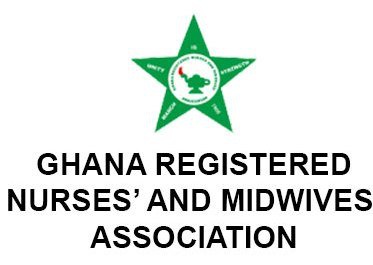32 Years of Cohabiting Not Marriage - Court - The Zambian Observer
32 Years of Cohabiting Not Marriage – Court
By Dickson Jere
A couple lived together for 32 years without going through the formal process of marriage. A lady claimed to have bought a house where the two moved in. While living together, the woman discovered that her title deeds for the house were missing.
Unknown to her, the man had changed ownership and put it in his name. Differences ensued between them and the woman sued the man in the High Court. But before trial could take off, the man died and his Administrator took over the case. The woman further discovered that the house was used as collateral for loan with ZANACO and later CEEC. She insisted that the change of ownership was done fraudulently without her knowledge or consent.
On the other hand, the man – in his Defence – insisted that he gave the woman the money to buy the house for him and that she agreed to the change of ownership. Simply, he never forged the transfer documents.
The Judge ruled in favour of the woman and ordered that the house be given back to her as well as the documentation.
Unhappy, the Administrator appealed to the Court of Appeal where he argued that the house belonged to the deceased and that there was no evidence that he fraudulently changed ownership. The Administrator further argued that the issue of fraud was never even reported to the police by the woman.
A panel of three Judges heard the appeal and firstly determined that the two were not married even if they lived together for 32 years.
“We hold that their lengthy cohabitation did not constitute a marriage,” the Judges observed.
“The parties in the present case did not show that they went through the legal or traditional procedures to create a valid marriage between them,” the Court said.
As a result of the non-marriage, the Court held that the house could not be taken as a matrimonial property because there was no marriage between them.
“Consequently, the Judge aptly held that no matrimonial rights were created between the parties,” the Court said.
On the ownership of the house, the Court found that there was no evidence that the man forged the signatures and changed ownership without the woman knowing.
“As she was contending that she had not signed the transfer to the Appellant, the Respondent ought to have called a handwriting expert to show that she was not the one who signed the documents,” the Judges ruled.
“There was no evidence of fraud,” the Judges ruled and ordered that the house be given back to the family of the deceased.
The Court upheld the law that Certificate of Title is proof of ownership of land in Zambia.
Case citation – Leymond Mwale v Mable Lungu – Appeal No. 86/2021 and judgement delivered in July 2023.
Lecture Notes;
1. This case underscores the legal principle that for marriage to be valid, some sort of process must take place even if the two have lived together for many years. A traditional marriage will be recognized if formalities were done.
2. If they were validly married, the house would have been taken as matrimonial home where the surviving spouse would have an interest even if not registered in her name.
3. Even though in civil matters cases are proved on balance of probabilities, when one claims fraud, the burden changed. One has to prove fraud by adducing evidence a little bit higher than balance of probabilities.
4. Legally in Zambia, a Certificate of title is always proof of ownership unless one can prove that it was obtained by fraud or mistake.









